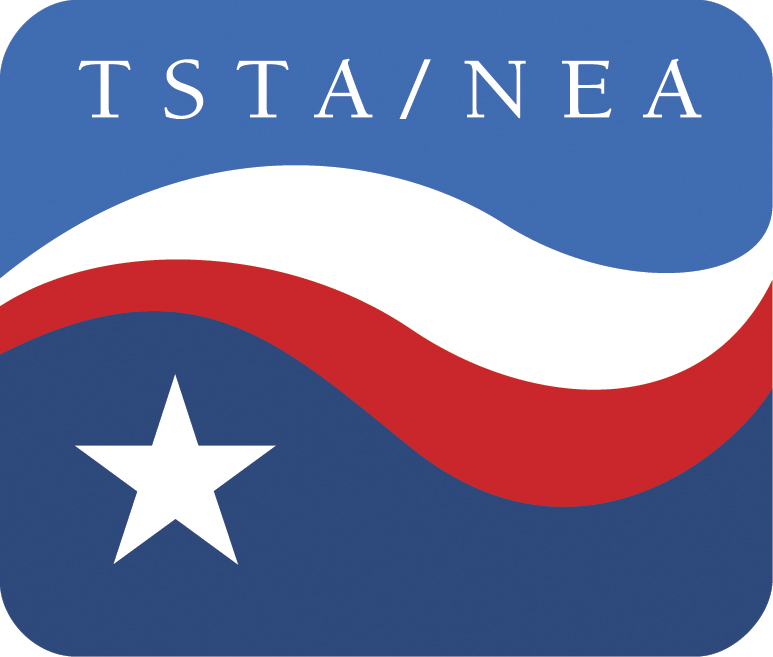School finance is unfinished business, especially during a pandemic
House Bill 3, the school finance law enacted by the Legislature in 2019, was well-timed, coming as it did before the deadly and very expensive COVID-19 pandemic struck.
But the additional $11.6 billion in public school funding, including money for teacher pay raises, was only Act I. Even under the best of times, it was only a down payment on improving an inadequate school finance system, and, as you may have noticed, these aren’t the best of times.
Act II, on which the curtain will rise Jan. 12 with the new legislative session, will be a harder sell, but educators must make it.
Greg Abbott is still governor, and the partisan makeup of the Legislature will be largely the same as in 2019, when Abbott, Lt. Gov. Dan Patrick and then-Speaker Dennis Bonnen suddenly discovered public education. Patrick even temporarily set aside his usual No. 1 priority, private school vouchers, to focus on the needs of public schools, after educators had turned out in large numbers in the 2018 election to replace legislative obstacles with 12 new pro-public education House members and two new state senators.
In the recent election, we mostly held our own, but tax revenue losses from the pandemic and perhaps an eruption of partisan mischief will make the upcoming session different.
State Comptroller Glenn Hegar has estimated a $4.6 billion revenue shortfall for the current budget period and has warned it may get larger. That means many legislators will be in a mood to cut, even though school districts’ budgetary needs have grown because of the health crisis.
There are alternatives to cuts, including the Rainy Day Fund, the state’s emergency savings account, which the comptroller expects to have a balance of almost $9 billion by the end of this budget period. A lot of additional money also could be raised by closing tax loopholes for an assortment of special interests, a difficult task that nevertheless is long overdue.
Meanwhile, threatening to make the entire legislative session, including a budgetary resolution, even more difficult is an outsider, the new far-right chairman of the Texas Republican Party, who thinks bipartisanship is a bad word and is trying to wreck the session before it even begins.
The new chairman, Allen West, is a refugee from Florida, where voters unseated him after one term in Congress. Texas GOP leaders elected him party chair during their state convention a few months ago, and he already has tried to pick public fights with fellow Republican Gov. Abbott and the Republican who is likely to become the next speaker of the Texas House, Rep. Dade Phelan of Beaumont.
The day after the election, Phelan announced he had the support of 83 House members, more than the 76 necessary to secure the speakership when the session convenes. Most of his supporters were Republicans, but about 30 were Democrats, and West, who can’t vote for speaker because he isn’t a member of the House, protested.
He called Phelan a “Republican political traitor” and said it was “utterly absurd and demonstrably idiotic” for him to have the support of Democrats in leading a House that has a Republican majority. Never mind that every speaker of both parties has had bipartisan support since Republicans started becoming a force in the House more than 40 years ago.
Many of Phelan’s Republican supporters quickly pushed back against West, and barring a surprise Phelan is likely to be the next speaker.
But it is unknown how much influence West, who is more interested in stirring up divisive hot-button issues than he is in supporting public education, will have on Republican lawmakers as the session progresses. And it is unknown if Dan Patrick, who also likes to push hot buttons, will revert to form and try to cut education funding in favor of privatization or some other divisive scheme.
So, educators, stay tuned. Your influence and frequent communication with your legislators will be critical before the legislative curtain drops late next spring.
